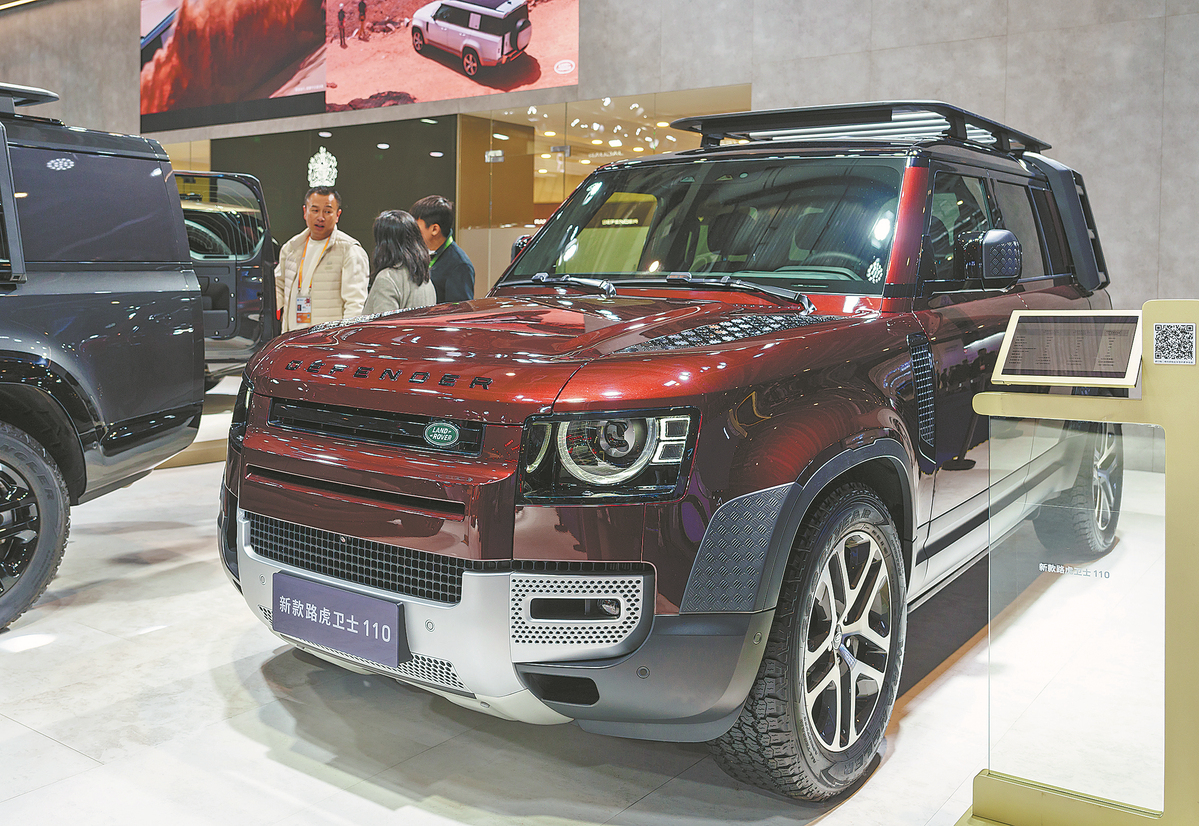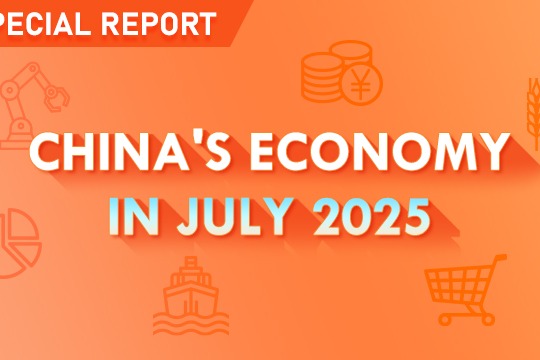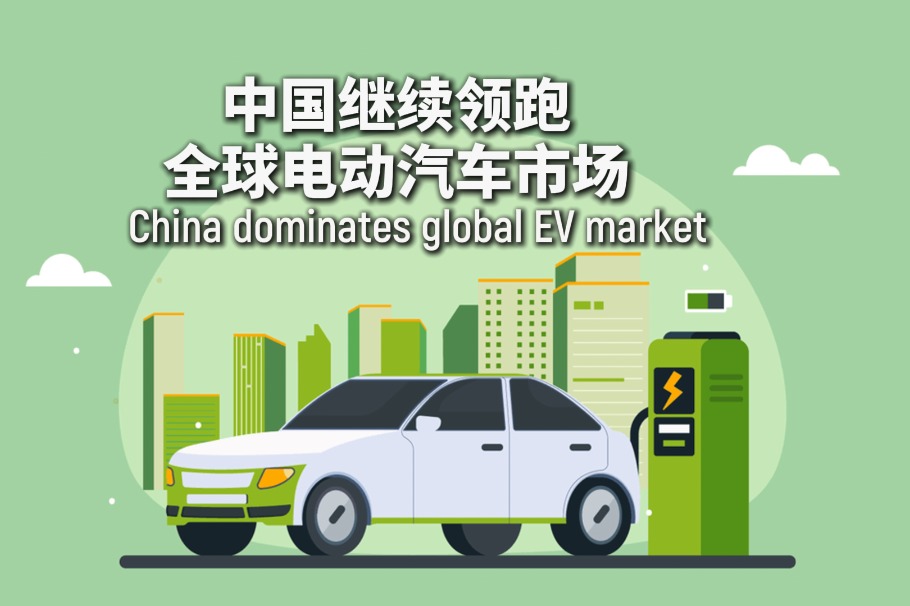Major jump in China petrol vehicle satisfaction


Satisfaction among owners of new gasoline-powered cars in China has posted its largest annual improvement since 2020, even as the market shifts toward electric models, according to a J.D. Power study.
The China Automotive Performance, Execution and Layout Study for 2025, released on Thursday, shows an industry-wide 14-point increase to 751 on a 1,000-point scale. It has been driven by gains in fuel economy, ease of entry and exit, and vehicle design.
The rise marks the sharpest year-on-year jump since the survey was redesigned five years ago.
Domestic brands in the internal combustion engine segment scored 745 on average, up 32 points from 2024 — narrowing the gap with mass-market and premium marques. Premium brand satisfaction fell by 5 points to 766, the first drop in five years.
The difference between mass-market and domestic brands has shrunk to just 2 points from 23 last year, underscoring the growing competitiveness of local automakers, according to the study.
"The leap in product appeal for domestic brands stands out," said Elvis Yang, general manager of auto product practice at J.D. Power China. "With better fuel economy, more attractive designs and competitive pricing, internal combustion engine vehicles continue to offer compelling value to consumers."
Fuel economy satisfaction rose 17 points, while perceptions of overall power performance also improved, reflecting advances in engine efficiency and drivability.
ICE SUVs maintained an edge over their electric counterparts in high-intensity and multi-scenario use: 35 percent of owners reported monthly off-road use, compared with 28 percent for new energy SUVs, and the average mileage was 13 percent higher.
These attributes — long range, fast refueling and strong load capacity — remain decisive for buyers in regions with limited charging infrastructure.
Still, ICE automakers lag in delivering a smooth user experience for smart features such as voice assistants and infotainment systems. While hardware adoption is growing, owners cited slow response times, clunky interfaces and complex startup processes — a "specs-rich but experience-poor "gap that Yang said manufacturers must address to sustain competitiveness.
In brand rankings, British brand Land Rover led the premium segment with a score of 817, followed by Germany's Porsche at 794.
Sino-German joint venture FAW-Volkswagen topped the mass-market list at 773, with Chery leading among domestic brands at 760.
Chery ranks highest among Chinese domestic brands, followed by Geely (758) and Haval (756).
The results also suggest that domestic players are no longer competing solely on price but are winning consumers through design and usability.
The study, conducted between January and May in 81 cities, surveyed 20,226 owners of 148 gas-powered models purchased from July 2024 to March 2025.
The findings highlight a market where the rise of EVs has not yet erased demand for ICE vehicles — and where a more level playing field is forcing all automakers to refine their products.
lifusheng@chinadaily.com.cn




































